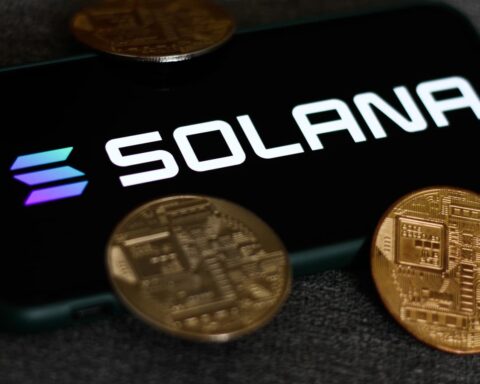The Federal Reserve Bank vice chairman delivered a speech at the Philad elphia Fed’s fintech event on September 8, focusing on the central bank’s role in financial innovation, which primarily encompasses research and supervision, with a notable mention of the FedNow Service.
Michael Barr, the vice chair for supervision at the Federal Reserve, emphasized their commitment to central bank digital currency (CBDC) research, framing it as fundamental research that could potentially support a CBDC payments infrastructure or enhance the existing payments system.
Barr specifically highlighted the importance of system architecture for recording transactions and ownership in ledgers and explored tokenization models, in line with a FEDS Notes publication that underlined the compatibility of tokenized platforms with central bank money functioning as a settlement asset.
In an unusual punctuation choice for Federal Reserve communications, Barr underscored the significance of the Fed’s novel activities supervision program, introduced the previous month.
READ MORE: Block Earner Forges Ahead with Crypto-Backed Loans Despite Legal Battle with Regulator
This program entails a dedicated team of supervisors providing feedback to federally supervised banks, enabling them to obtain “written supervisory non-objection” for novel activities involving stablecoins and related endeavors, aligning with Office of the Comptroller of the Currency (OCC) policies outlined in interpretative letters 1174 and 1179.
Barr stressed the importance of strong federal oversight of stablecoins, in line with the OCC’s guidance, asserting that dollar-pegged stablecoins rely on the trust of the central bank and indicating support for ongoing legislative efforts.
He voiced concerns, stating, “If non-federally regulated stablecoins were to become a widespread means of payment and store of value, they could pose significant risks to financial stability, monetary policy, and the U.S. payments system.”
Barr also highlighted the Federal Reserve’s role in facilitating 24-hour instant payments through the FedNow Service, which was introduced in July. While current usage volumes of the service remain modest, he emphasized that it falls on depository institutions to make this service widely accessible, encompassing large banks, regional banks, community banks, and credit unions.
Other Stories:
Ant Group Unveils ZAN Sub-Brand for Web3 Blockchain Development Services
Crypto Exchange CEO and Siblings Sentenced to Over 11,000 Years in Prison
Singapore’s MAS Maintains Strict Stance on Crypto Participation in Regulatory Sandbox




